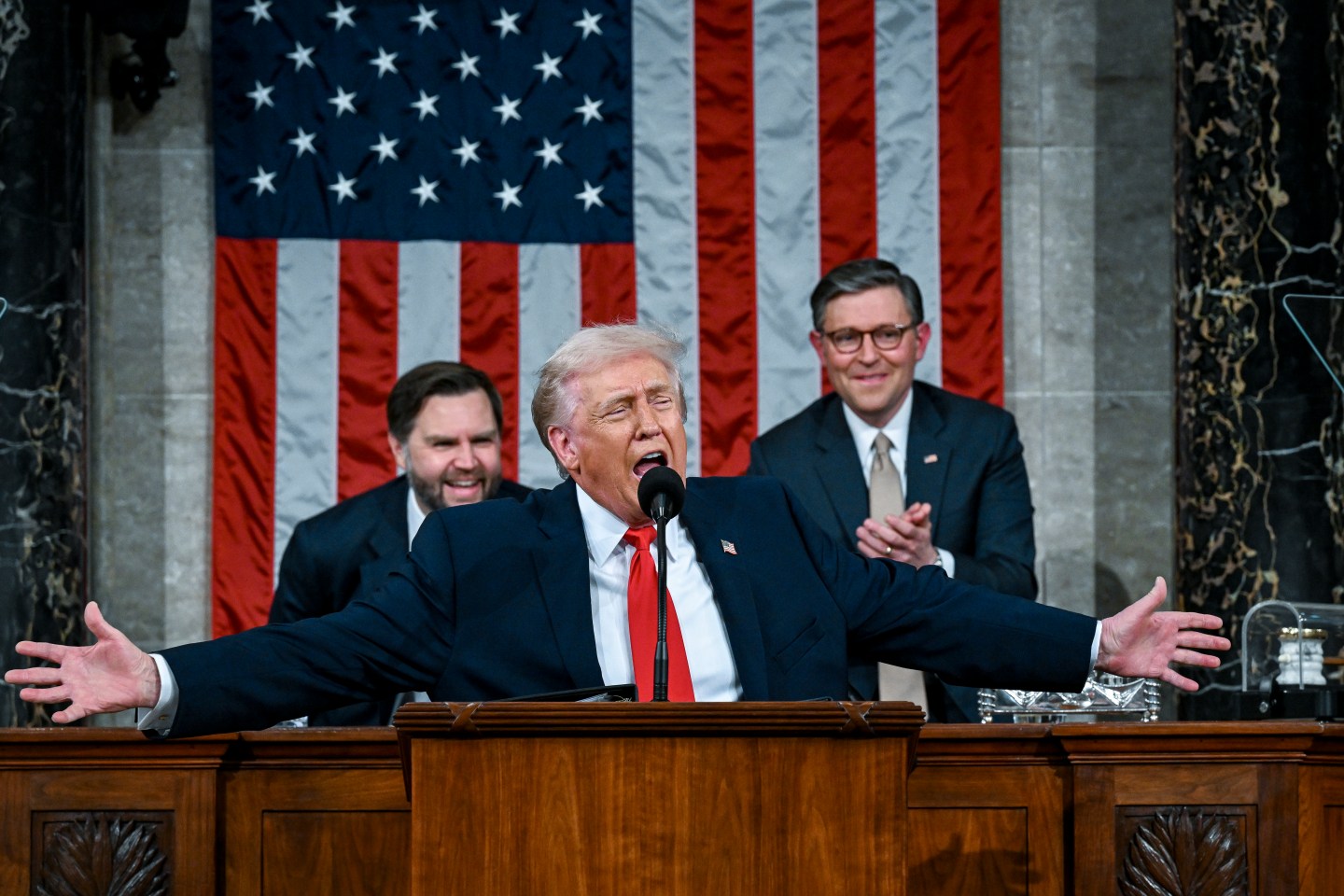The international features of the Republican tax bills make an odd pairing with the nationalist rhetoric of President Trump. Trump has long made it clear to the American public that, for better or worse, he wants to put “America first.” Like most economists, I view such nationalism as simplistic and dangerous. There are substantial gains for both the world and the United States from closer economic ties and international cooperation.
Yet, in tax policy, there are ample opportunities to better prioritize American interests. Our current corporate tax system creates large tax incentives to move economic activity (and the tax base!) toward tax haven countries and away from the United States. I estimate that such profit shifting costs the U.S. government over $100 billion each year, and we raise less corporate tax revenue as a share of GDP than most peer countries.
Candidate Trump called for leveling the playing field between our nation and other countries. Tax rates should be lower for U.S. companies, he said, but domestic and foreign income should be treated equally for tax purposes, ending the tax preference for income earned in havens.
That was then. Fast forward to the Trump-endorsed Republican tax bills. These bills clearly do not prioritize American interests. Why? First, they create a territorial tax system. Unlike the present system, which taxes companies on their foreign income once it is repatriated to the United States, a territorial tax system exempts foreign income from U.S. taxation. This tilts the playing field even further toward doing business abroad rather than at home, since there will always be countries with lower rates. A territorial system makes explicit, and permanent, the preference for foreign income over domestic income. It also accelerates the profit shifting behind our corporate tax base erosion problem. That is hardly an “America first” policy.
Even though a territorial system inevitably favors foreign income, it is still feasible to design a responsible territorial system that would curtail tax avoidance. Including a per-country minimum tax would ensure U.S. taxation of any income moved to a tax haven. It would substantially dampen our corporate tax base erosion problem, since the vast majority of profit shifting occurs with respect to the lowest tax rate countries.
The recently passed House bill does no such thing, instead putting forward a partial, global minimum tax of 10% on foreign affiliates that have global profits above a threshold rate (7% plus the federal short-term rate). It sounds like a minor difference, but it isn’t. A global minimum tax is far less effective than a per-country minimum tax since it enables companies to use taxes paid in higher-tax countries to shield income booked in tax havens from the minimum tax. This creates a substantial incentive to earn income in both tax havens and higher-tax countries, relative to earnings in the United States.
The Senate bill has a similar structure, but combines a minimum tax on foreign income above the threshold rate (again 7% plus the federal short-term rate) with a lower rate on U.S. companies’ export income only. In addition to likely violating WTO rules, this provision creates a substantial incentive to offshore intangibles, since sales to U.S. customers will qualify for a lower rate only if they are made from abroad.
Beyond how the minimum tax is designed, the minimum tax rate should be much closer to the regular U.S. rate. As it is, the minimum tax rate is much lower than the regular U.S. rate, sending a clear signal to multinational companies that foreign income (of all types) is tax-preferred.
Do these Republican tax bills put America first? Hardly. On the contrary, they provide a huge windfall to company shareholders, who will benefit from lower tax rates and an easier way to shift both profits and activities offshore. The bills also provide an additional massive windfall to shareholders through special very low rates (5% or 10% in the Senate, 7% or 14% in the House) on income that has already been shifted to tax havens in the past. There is simply no economic rationale for a windfall to shareholders based on their prior tax avoidance, and there is no economic evidence that such windfalls promote U.S. investment or job creation.
In the end, over 10 years, the international provisions of both the House and Senate bills lose revenue, if we set aside the revenue from the one-time tax on prior profit shifting (which is really a tax break). Once the dust clears, the House bill cuts corporate taxes by over $750 billion over 10 years, whereas the Senate cuts corporate taxes by more than $680 billion. These bills both fail to address the large revenue losses from profit shifting, and they lower corporate tax revenues substantially, despite the fact the United States already collects relatively little revenue from the corporate tax.
Beyond these considerations, the vast majority of the tax cuts in the bills go to those at the top of the income distribution, while risking health insurance for those less well-off. If this is an “America first” tax policy, I think we know which Americans Trump is putting first.
Kimberly Clausing is the Thormund A. Miller and Walter Mintz Professor of Economics at Reed College.











